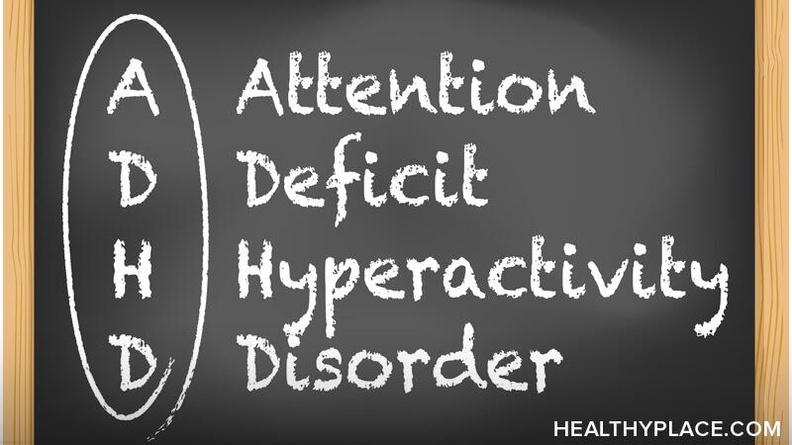Managing My ADHD In My Verbal Abuse Recovery Journey

Managing attention-deficit/hyperactivity (ADHD) behaviors can be challenging for many people, especially those in abuse recovery. Often, triggers can amplify a person's reactions to someone's actions or words. In some cases, like mine, my battle with ADHD helped fuel my verbal abuse recovery process.
As an adult, I can see now how my ADHD is in every part of my personality. I've always been very excitable and intense, passing these traits down to several of my children. Although it's endearing, these characteristics aren't always helpful.
My ADHD Responses in Abuse Recovery
When I was in relationships where verbal abuse was common, I would feel responsible. I would constantly be on high alert, thinking of ways to help diffuse the situation. My ADHD personality loved to jump from topic to topic, searching for the perfect answer to my situation.
I was, and still am, a doer. I like to do things, although I used to take on too much. I would continuously be overwhelmed, thinking I had to do everything or it wouldn't get done.
Part of that mentality came from my past. I realized at an early age that if I wanted something done, I would have to do it myself. I felt like I couldn't fully trust anyone and carried this responsibility with me as I grew older.
My current partner used to remark how I could never relax or slow down. I always had to be busy with one task or another. I chalked it up to being a mom. There was always something to clean, someone to drive to practice, or work to complete. I thought my active, busy lifestyle was normal.
Managing My ADHD in Abuse Recovery
Some of my ADHD traits have been a point of argument in my past relationships. I had trouble keeping up with housework or focusing on dinner. There was always laundry lying around, and I often burned food because I was distracted. These situations would give my abuser reasons to belittle me and make me feel inadequate. I felt like everything was my fault and out of my control.
Thankfully, I had a team of therapists who recognized how my ADHD was limiting my ability to heal from verbal abuse. Although I've never had a clinical diagnosis, these professionals said many of my habits were in line with ADHD. Once I accepted this, I started using the best tools and resources for ADHD in my abuse recovery journey.
However, it isn't a simple or easy fix for me to change my behaviors. This is who I've been for as long as I can remember. Although I am still the same person, I turn to more helpful coping strategies when I become overwhelmed. I can relax now and let others step in to help. I've started letting things go instead of obsessing about whether they have been done correctly.
Managing ADHD during my abuse recovery journey helped me gain back my life. I don't feel guilty for watching TV instead of doing something productive. I can read a book for fun instead of trying to gain knowledge to advance my career.
Of course, I still have days when I take on too much, but they aren't as frequent as they used to be. I'm starting to enjoy relaxing, and I schedule downtime throughout my week because I see the benefits.
APA Reference
Wozny, C.
(2024, January 25). Managing My ADHD In My Verbal Abuse Recovery Journey, HealthyPlace. Retrieved
on 2026, March 4 from https://www.healthyplace.com/blogs/verbalabuseinrelationships/2024/1/managing-my-adhd-in-my-verbal-abuse-recovery-journey
